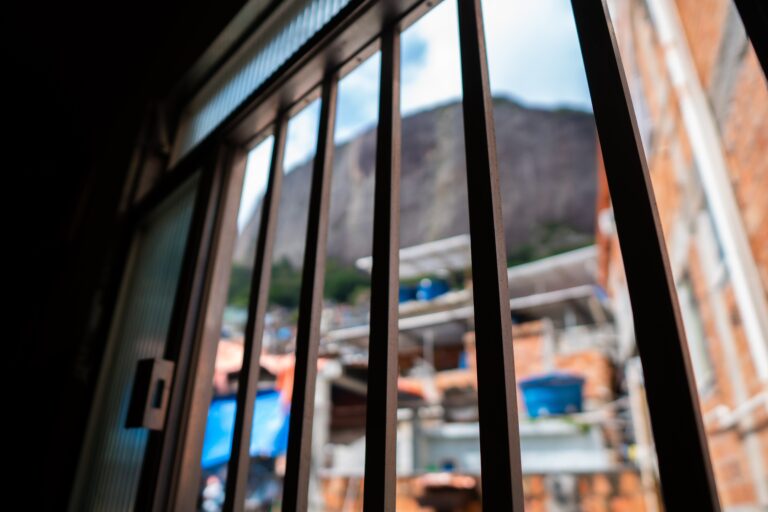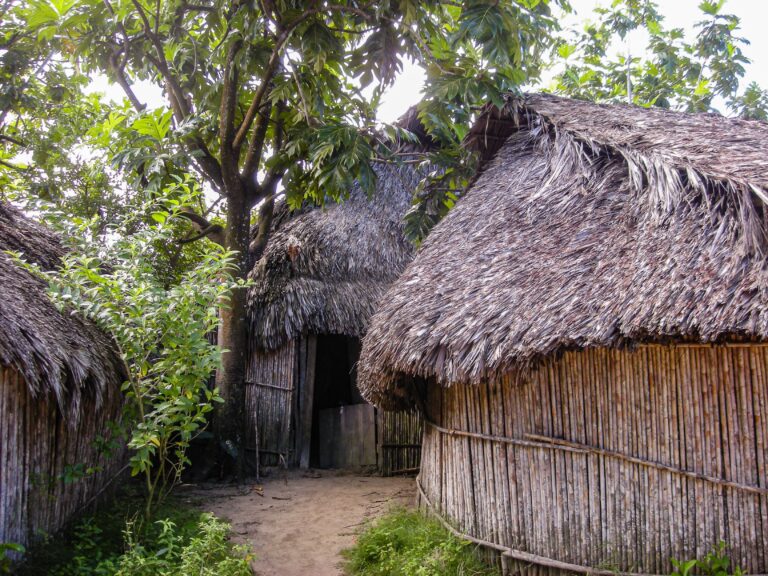“Trying to belittle our
Integrity now.
They say what we know
Is just what they teach us;
And we’re so ignorant
‘Cause every time they can reach us (shoobe, doo-wa)
Through political strategy (shoo-be, doo-wa);
They keep us hungry (shoobe, doo-wa),
And when you gonna get some food (shoobe, doo-wa),
Your brother got to be your enemy, we-e-ell!Ambush in the night…”
– Bob Marley, Ambush In The Night
The Prime Minister of Trinidad and Tobago, Kamla Persad Bissessar agrees in principle to the Caribbean Court of Justice but urged that it is best approached through referendum. Further, at the launch of the UWI Faculty of Law in 2014, she raised the question about the inaction of other Member States. The Opposition leader, Dr. Keith Rowley has gone on the record that the he and the PNM is in full support of the CCJ and the consequent abolition of the Privy Council as the final Court of Appeals. The good news is that both of the major political parties have made commitments to addressing the “CCJ Issue”. The bad news is that the Prime Minister is prepared to shrug Trinidad and Tobago’s leadership role in CARICOM Development and the Opposition is in Opposition and different songs are sung there than when in government. Some pundits make the issue about political will. I think not. The lack of political enthusiasm for advancing the case for the CCJ is part of a broader political problem of Caribbean self-doubt and the increasing disconnect of institutions meeting the needs of our people.
In 1970, the Organisation of Commonwealth Caribbean Bar Association proposed a Caribbean Court of Appeal. In 1989, the West Indian Commission, the year I was born, rolled through the Caribbean territories with engagements that surrounded plans and pathways for social, political, economic and legal integration that would prepare the Caribbean for the then-changing international landscape. In 1992, a Caribbean Supreme Court was recommended. On April 16th 2005, the Caribbean Court of Justice was inaugurated. Dr. Kenny Anthony, Prime Minister of St. Lucia and Lead Prime Minister of its establishment remarked, “Establishing a CCJ is not a leap into the dark, to be feared, but a ‘leap to enlightenment’ to be embraced”. Today, Barbados, Belize, Guyana and now Dominica are the only countries to have made the Caribbean Court of Justice the court of last resort in both civil and criminal matters. Trinidad and Tobago has exercised no leadership in this charge for the development of Caribbean law and justice while the Headquarters stand tall and proud in Port-of-Spain. Are we too afraid to say “bye, bye” to the Judicial Committee of the Privy Council?
It is without doubt that the public debates and their proponents who engage in discourse akin to secondary school type debate “for or against” the Privy Council and the CCJ will be relinquished to footnotes of history. The centrality of law and order to the establishment of a Caribbean civilisation requires a Caribbean Court to execute justice on our terms. This system will be another critical marker of our “Caribbeanness” and our identity. Foolish is the man who shouts “freedom” in his home but lives within the laws and definitions of another. Maybe we have become too accustomed to living in a Caribbean House without Caribbean Law. As a Belizean taxi driver asked me, “wanna still greasing de Privy Council in Trinidad [and Tobago]?” The lack of confidence in our leadership is unquestionably evident; therefore, the inevitability of the Court is not. Day to day, Caribbean people, citizen by citizen need to make bold steps in making this reality.
For the people of the Caribbean a mere replacement of the Privy Council with the CCJ does not make the cut. Our call for an indigenous court requires indigenous thinking and orientation. Colonial values which have trained our esteemed judges and legal luminaries are nothing more than useful reference points of knowledge to be creatively utilised in the clearing of the longer path of a Caribbean way in the world. Like independence struggles gone, rejection of foreign direct influence is the easy part, the harder challenge is attacking local leaders with foreign mindsets who posture as having the best interests of the people who look like them and are native to their homeland.
Caribbean Independent thought and action comes with a very high price – we are required to finance our initiatives, develop standards of excellence, test ourselves globally and invest and improve the competence of Caribbean talent. Are the people of Trinidad and Tobago ready to make this hard decision? Are we willing to pay the price of doing things on our own? Or, are we happy with dependency for cheap?
US $100million was invested in the CCJ so that it could be financed in a sustainable way in order to maintain its independence. The Caribbean Development Bank was tasked with the responsibility of raising these funds on the international capital markets. Moreover, the Board of Trustees is not composed by governmental representatives instead, pan-Caribbean organisations served on the Board. This helps boost public confidence in the independence of the Court from political interference.
Do we need a cricket world cup geared towards European travel to ease movement for Caribbean people between Member States? In a particular airport, have you ever sat on the hard seat of the “Guyanese Bench” in Immigration? What sad state of affairs constitutes the Caribbean social landscape where we routinely look down on Guyanese people? And the violation and humiliation of Shanique Myrie, the Jamaican national in Barbados, is nothing more than discrimination against nationality? What chip on our CARICOM shoulder makes us think that we are better than the people in Dominican Republic and their treatment with Haitians or the growing nationalist-anti-immigrant political organisations in the European Union when we are quick to divide ourselves within the region for national narrow-mindedness?
We need a Caribbean Court of Justice not just to exist and establish another expensive regional institute. We need a Court that is radically oriented to empower the voices of Caribbean people. Think about it like our political situation today. We do not just need Constitutional Reform (I think we do!). We need to change the criteria of political leadership and public office while we develop a robust culture of continuous criticism.
At the same time, our motivation for signing on to the Courts must not be to simply turn away from the Human Rights frameworks that have come to shape the Privy Council and put on hold the death penalty. What good is a Caribbean Court if the Caribbean people do not rigorously debate and confront major perspectives and philosophies on civilisation building and the ultimate question: How shall we live? The implementation of the Court should mark a movement of progressive legal development and not backwardness.
A Caribbean Court of Justice will only make sense once it can ease the strain on the man bending iron on the Beetham to the undergraduate student studying engineering and law in Mona, Jamaica or Cave hill, Barbados. Many young people feel disconnected from our local political processes, far more for our regional institutions. In Caribbean society, the currency of trust is Justice. Justice must not trickle through the cracks of bureaucracy; it is a flood that washes over through our mountainsides and deep blue sea. On Thursday 16th April 2015, at the University of the West Indies from 7:30pm, U.WE SPEAK and the wider student community will stand in solidarity and share their vision for strong institutions that promote integration to the long road of Caribbean Unity.
#CCJNOW
See U.WE SPEAK Facebook Event Link Here:
https://www.facebook.com/events/805029632912921/



